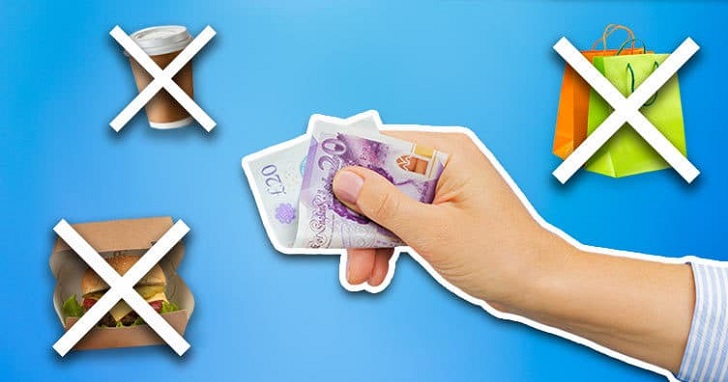Emotional spending is a common problem that many people face. It’s when we buy things we don’t need or can’t afford to make ourselves feel better. Whether it’s a new pair of shoes, a fancy dinner, or an expensive vacation, emotional spending can quickly become a habit that is hard to break.
However, there are ways to control emotional spending and get back on track with your finances. Below are six effective strategies for managing your emotional spending.
Identify your triggers
The first step in controlling emotional spending is to identify your triggers. What are the situations or emotions that lead you to spend money impulsively? Is it stress, boredom, loneliness, or anxiety? Once you’ve identified your triggers, you can start to develop strategies for managing them.

For example, if you tend to overspend when stressed, you might try relaxation techniques like deep breathing or meditation. If you tend to overspend when bored, you might try finding alternative activities like reading, exercising, or volunteering.
Make a budget
Another effective strategy for controlling emotional spending is to make a budget. A budget helps you track your income and expenses and ensures you’re not overspending in any area. With a budget, you can see exactly where your money is going and adjust as needed.
To make a budget, start by listing all of your sources of income. Then, list your monthly expenses, including rent, utilities, groceries, and any debt payments. Finally, subtract your expenses from your income to see how much money you have left each month. You can allocate this amount for discretionary spendings, like eating out or buying new clothes.
Wait before making purchases.
One effective way to curb emotional spending is to wait before making purchases. When you see something you want to buy, wait at least 24 hours before purchasing. This gives you time to consider whether the item is necessary or just an impulse buy.

During the waiting period, ask yourself questions like, “Do I need this?” and “Can I afford it?” If you still want to purchase after 24 hours, go ahead, but if not, you’ll have saved yourself some money.
Avoid shopping triggers
If you know that certain stores or websites trigger your impulse to buy, avoid them. This might mean unsubscribing from email newsletters or blocking certain websites on your computer or phone. You can also try to shop with a purpose by making a list of the items you need before you go to the store or shop online.
Set financial goals
Setting financial goals can help you stay motivated to control your emotional spending. Whether saving for a vacation, paying off debt, or building an emergency fund, having a specific goal can help you stay focused and avoid impulse purchases.

Find healthy ways to manage emotions.
Finally, finding healthy ways to manage emotions can help avoid emotional spending. This might mean exercising, meditating, talking to a friend, or practicing self-care. When you manage your emotions healthily, you’ll be less likely to turn to shopping as a coping mechanism.




